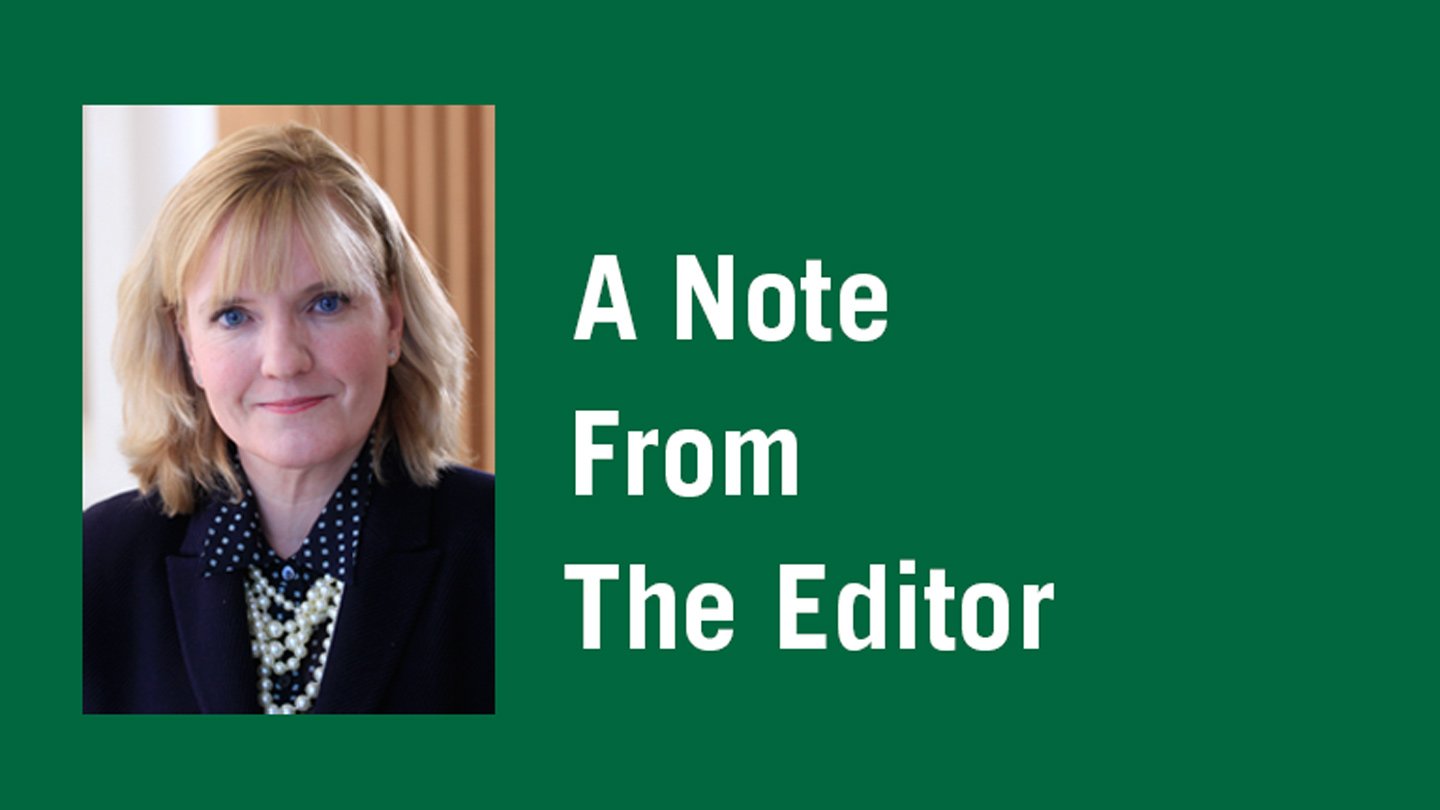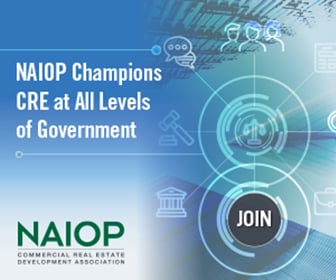CEO on Leadership: Steve Martin, Owner, SDM Partners

The head of this Atlanta-based real estate firm offers his perspectives on running a small office-acquisitions and asset-management company and the leadership lessons learned as NAIOP’s national chair in 2015.
Development: What led you to a career in commercial real estate?
Steve Martin: The people, the culture and the entrepreneurial spirit I found in the business. I discovered early that I was not a person who would thrive in a corporate setting; I like to work for myself. I like real estate because it is a physical asset: I can buy broken buildings and fix them myself. There are hunters and skinners in the world. What you are is part of your “wiring.” The hunters are wired to handle risk taking, while the skinners are smart, process-driven and need a paycheck coming in every two weeks. Because I work for myself, I do not get a salary. If I don’t go out and hunt, I don’t eat.
Development: How do you manage risk as a small company?
Martin: I always want to mitigate risk as much as possible. You must know your market and you must know what value is. You mitigate risk by the partners you choose and the capital structure you develop. I cannot control the timing of a deal, but as long as I have enough money to get through whatever is happening in the marketplace, I can get to the other side.
Development: Talking about risk, you opened SDM Partners in 2009 at the very depths of the Great Recession. Why did you do it?
Martin: Until the 2008-2009 period, I worked with a group of people for six years — wonderful people. However, my personality is such that when I think I am right about something, I am right. I never have any doubt. I realized at the time that I needed the freedom to make all my own decisions. I had a rough five years. I was fortunate to come out on the other side of it in 2015 a better person and a better businessman. They say what doesn’t kill you makes you stronger. It turns out, they were right. I am 62 years old, and I am not ready to retire. It will take me about three years to work through the assets I have right now. I may need to add a year to that because of COVID-19.
Development: What is your primary role as CEO of SDM Partners?
Martin: I think differently than many in the commercial real estate business. I don’t want a lot of employees. Right now, I own five office buildings — two in Atlanta and three in Birmingham — and I outsource everything. That is, I hire people for the project. When it comes time to sell those projects, those people will go work for someone else. I never want to have a company that is big enough to have a human resources person. In today’s world, you are either really big or really small. If you are somewhere in between, try to get to one of those two places, because you are now in no-man’s land.
Development: Speaking of COVID-19, how has the business done during the pandemic?
Martin: For many in the real estate business, COVID-19 has been like a football game where a timeout is called, but the clock keeps running. Lenders need to get paid. They are sympathetic, but they need to get paid. I have been fortunate in that I have not had a single tenant in Atlanta or Birmingham miss a rent payment. However, the next six to 12 months at a minimum will be difficult for all businesses.
Development: What will be the impact of COVID-19 on the commercial real estate industry going forward?
Martin: It will cost more to operate a building because of new cleaning standards and other things we will do. These costs are generally passed on to the tenant, so occupancy costs will go up. There will be opportunities for acquisitions that come out of the pandemic. I don’t think it is now, but perhaps a year from now. Those opportunities will be short-lived. There is so much money poised to buy real estate that there will be a floor beneath those opportunities. That is, as soon as investors see a struggling fish in the water, there will be plenty of people to grab it.
Development: What impact will COVID-19 have on the real estate itself?
Martin: Everything about space planning and the way people use space that has been popularized in the past five years will change. Everything that is going on with this virus goes against that. Generally, the rule of thumb for office space planning used to be 250 to 300 square feet per employee. With densification, that got down to 150 square feet per employee. It will now go back up because we will need to spread people out more. Another big change will be with suburban business parks. These properties, long out of favor, will come back because of the way people are living and working.
Development: How has your involvement with NAIOP, both as 1999 NAIOP Georgia Chapter president and as national NAIOP chair in 2015, helped you grow your leadership skills?
Martin: You can never know too many people. I am an office guy in Atlanta, but working my way up through the chairs in the Georgia chapter allowed me to know people in multifamily silos, industrial silos and retail silos. Getting involved at the national level in NAIOP allowed me to meet people who I otherwise would never have met. In order to be successful, you need to have other people willing and able to help you be successful. It is never just you; I don’t care how smart you are.
Development: What is the best advice you have received over the course of your career?
Martin: Relationships matter. Real estate is a people business. It is evolving away from that somewhat, but real estate and life are about relationships. About 80% of life is showing up, being nice, being early and doing what you say you will do.
Development: What crucial lessons have you learned in the decades you have been in the business?
Martin: I have learned four crucial lessons:
Intelligence is not enough. We all spend our youth trying to make all A’s in school. However, life is not an intelligence test. You don’t have to be the smartest, just smart enough. Don’t get me wrong. Smart is good, but that alone is not enough. I can outsource smart.
Sales skills are crucial. We are all selling something, with the first and most important thing being ourselves. Sell yourself. If you are the smartest person in the room and you cannot sell it, you have less value.
Character is a must. Have it! People do business with people they know, like and trust, plain and simple.
Take educated risks. Inevitably, in business and in life, you are faced with risk. Be smart about it, but take it. Embrace it. Get used to it. High aspirations have a cost, and it is risk.
Development: How do you de-stress?
Martin: I ride a mountain bike, I love to snow ski and I play golf. One of my greatest pleasures is reading three newspapers a day. Pre-COVID-19, I always scheduled a breakfast appointment and a lunch appointment with someone every day. It is important to get to know new people. I would always get to the appointments early and read one of my three newspapers before the person I was meeting got there.
Ron Derven is a contributing editor for Development magazine.







